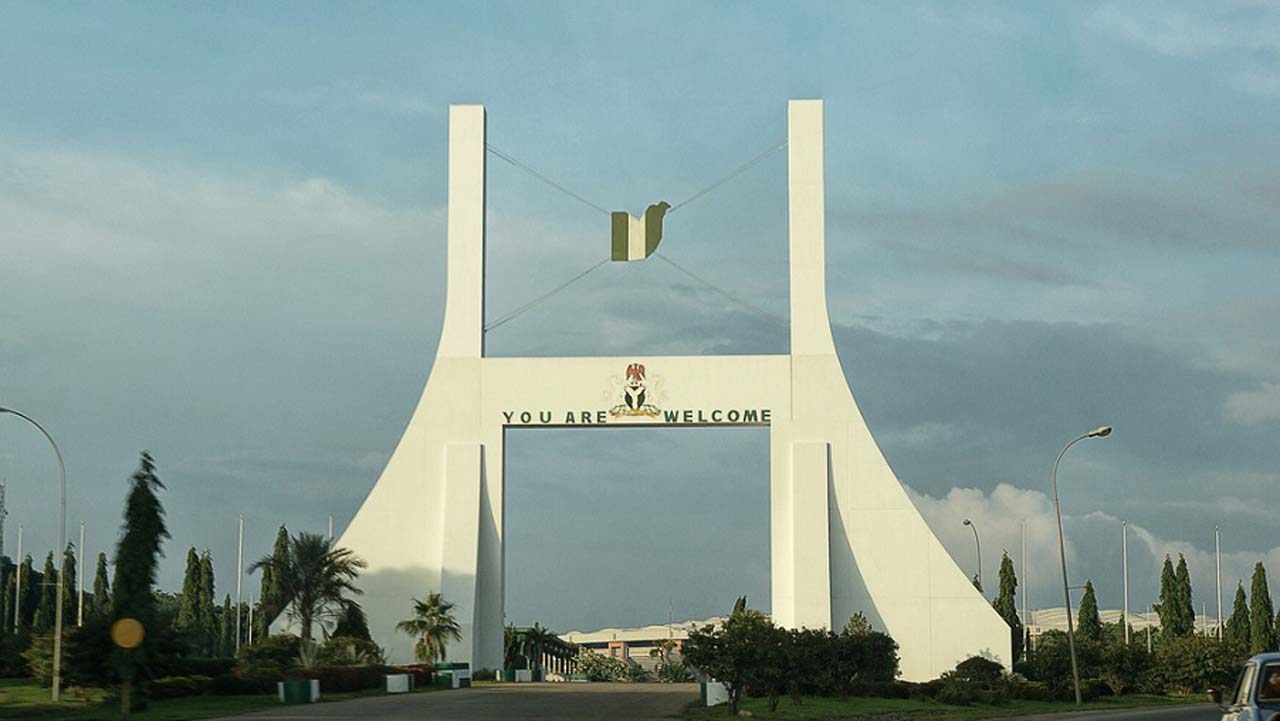
Demolition Tensions Deepen as Original Inhabitants Demand Fairness and Protection
The ongoing demolition exercises across several indigenous communities in the Federal Capital Territory (FCT) have sparked growing tension, emotional outcry, and renewed calls for justice from original inhabitants.
As bulldozers continue to move through long-established settlements, the indigenes have issued a strong appeal to the FCT Minister, Nyesom Wike, urging him to intervene and halt what they describe as the systematic erosion of their ancestral heritage.
For decades, the original inhabitants of Abuja have struggled to preserve their identity in a city that has grown rapidly around them. Yet the fresh wave of demolition activities has brought their fears to life: homes, family compounds, market stalls, and historic cultural spaces are being taken down in the name of modernization and infrastructure expansion. While the government insists that the operations are part of legal urban renewal measures, the residents argue that the process lacks fairness, transparency, and adequate human consideration.
Many affected families recount how the firing of heavy machines at dawn shattered their peace and left them without shelter. Some were still asleep when the demolition teams moved in, while others rushed to retrieve their belongings as walls collapsed around them. Mothers held their children tightly, unsure of where to run.
Elders watched helplessly as structures they had built over decades were destroyed in minutes. Beyond the physical loss, what lingers most is the emotional trauma — the sudden displacement from places deeply tied to family history and cultural memory.
The indigenous leaders stress that they are not opposed to development.
They acknowledge the need for new roads, government buildings, and public infrastructure. What they reject is a pattern where development projects seem to disproportionately target indigenous settlements, while private estates and commercial structures in similar situations often receive reprieves, negotiation options, or regularization windows. To them, this imbalance suggests that the burden of Abuja’s modernization falls unfairly on the original landowners.
Their appeal to the minister focuses on three core demands. First is fair compensation that reflects not only the market value of structures but also the social and cultural significance attached to ancestral land. Many residents complain that previous compensation assessments were too low and did not consider the multi-generational investments in their homes.
Second, the communities want resettlement within their ancestral spaces, not relocation to distant or unfamiliar areas. Leaving their traditional environment, they argue, would fracture the fabric of their identity. Cultural practices, social networks, festivals, and traditional institutions are all rooted in these spaces. Moving them elsewhere would mean severing their connection to the land of their forefathers.
Third, they demand legally recognized rights of occupancy in any proposed resettlement location. Without official documentation, they fear a future where they could again be subjected to new phases of city expansion and another cycle of demolition.
Civil society groups have also stepped in, condemning the scale and speed of the operations. Organisations focused on human rights and good governance argue that forced evictions without adequate alternatives violate international standards. They warn that losing indigenous spaces weakens Abuja’s cultural mosaic and erases the historical identities that enrich the capital.
Minister Wike, on his part, has repeatedly stated that the government does not intend to punish or marginalise the original inhabitants. He has promised improved compensation packages, new valuation reviews, and a more humane approach to relocation. Still, many residents say they will believe these assurances only when they see documented commitments and physical resettlement sites ready for occupation.
As Abuja continues to expand, the challenge remains finding a balance between development and justice.
The current demolition wave has exposed long-standing conflicts between modernization and heritage preservation. For the indigenes, their appeal is not just a protest but a plea for dignity, recognition, and the right to remain rooted in the land that defines who they are.
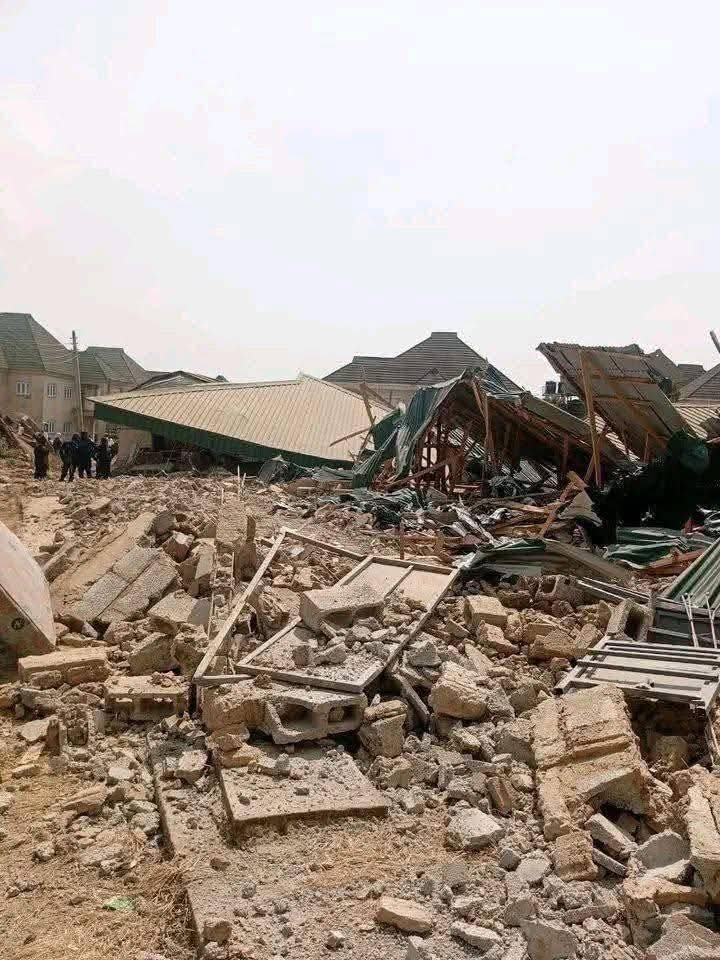
More news on Demolition Rocks Kuchibeyedna in FCT as ECWA Church, Indigenous Homes Are Pulled Down


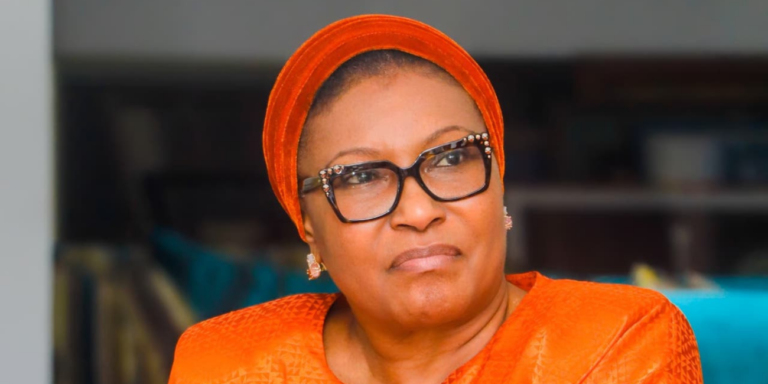
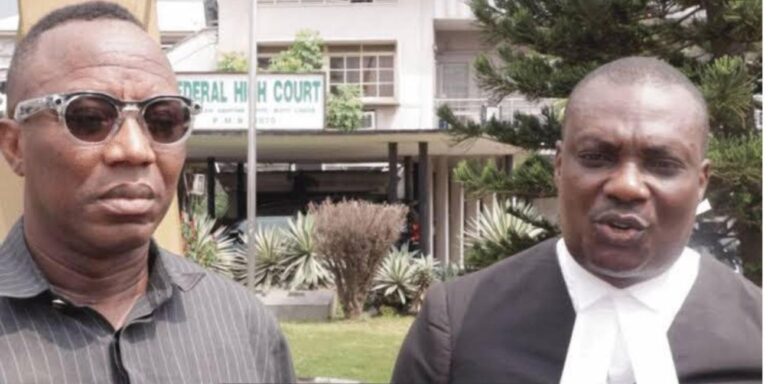
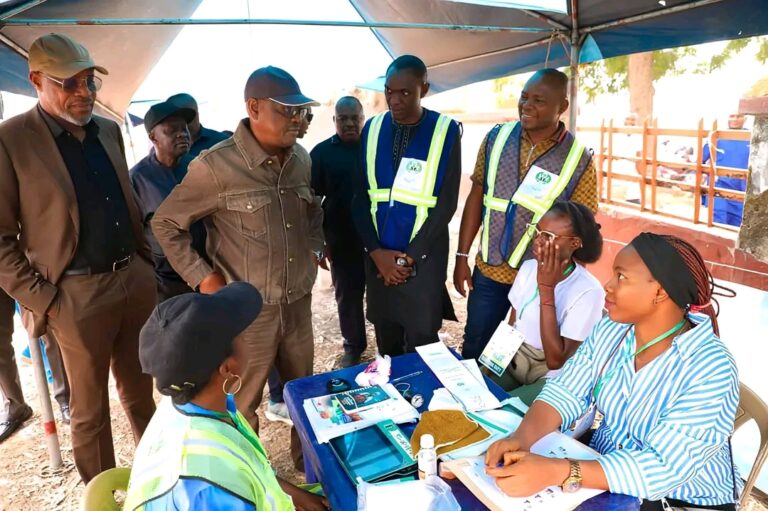
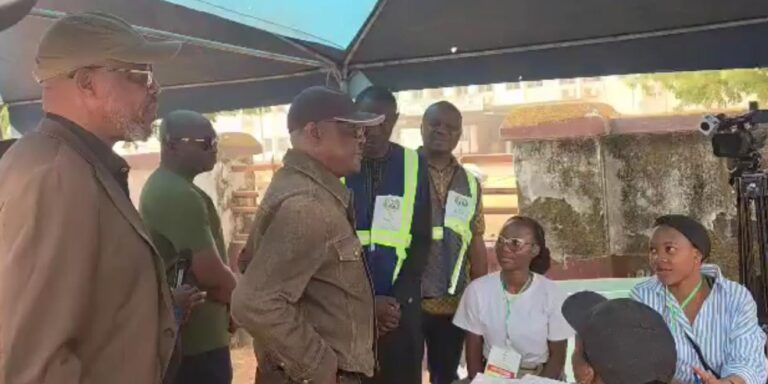

1 thought on “Demolition Crisis: FCT Indigenes Appeal to Wike Over Ongoing Demolition of Ancestral Communities”
Comments are closed.